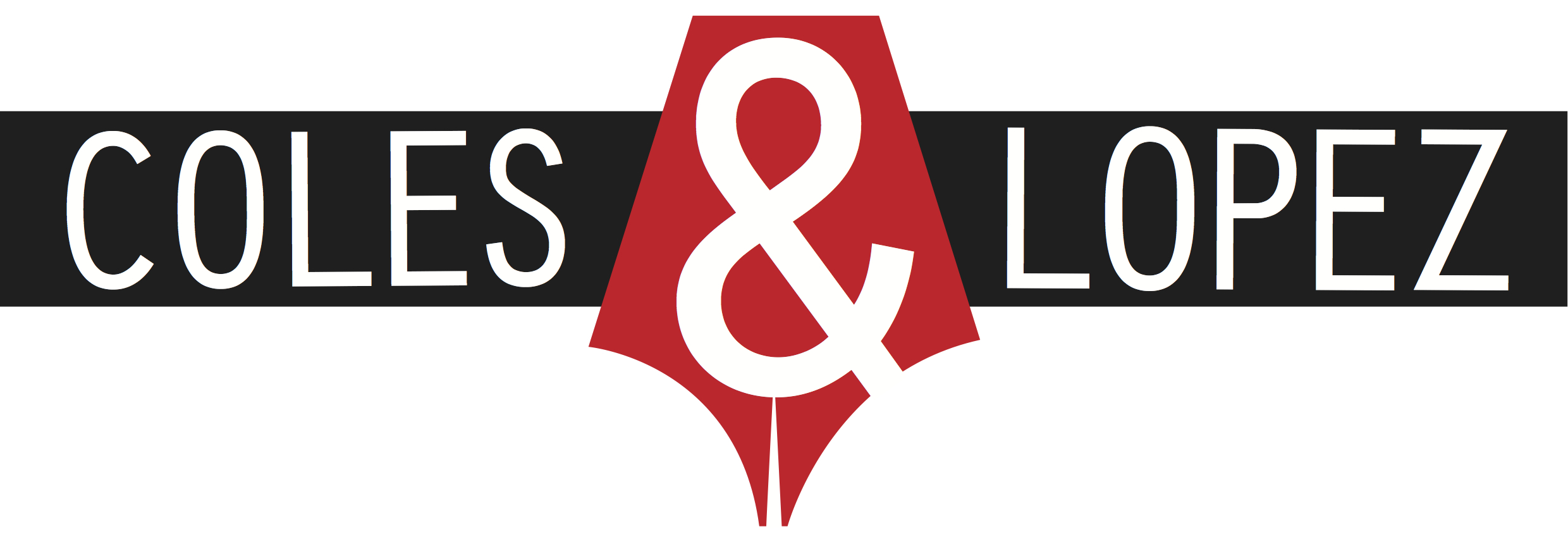Led astray
This week, our entire blog post is devoted to the spelling of one word. It’s a very well-known, very short word, but people get it wrong all the time.
led
“Led” is the past tense and past participle of the verb “lead”, as in:
He led me up the garden path.
One thing led to another.
The road led to a small settlement.
Until that point, we had led a life of leisure.
Many people mistakenly spell it “lead”. In my opinion, there are three reasons for this.
(1) The other lead
The noun “lead”, referring to the metal, is pronounced with a short “e” sound. Since “lead” (the metal) and “led” (the past tense and past participle of “lead”) sound the same, lots of people assume they are spelled the same too.
(2) Confusion with “read”
The verb “lead” has a lot in common with “read”. In the present tense, they are both spelled with an “ea” and pronounced with a long “ee” sound. In the past tense, that vowel sound becomes a short “e”. Therefore, it would make sense if they both followed the same spelling pattern in the past tense – but they don’t. “Read” is spelled the same in both tenses; “lead” drops its “a”, as we established above.
(3) Led Zeppelin
This third explanation might seem unlikely, but I say it from bitter experience: I myself spent several years struggling to master the “lead” vs “led” distinction, all thanks to Led Zeppelin. Apparently, when guitarist Jimmy Page told The Who’s Keith Moon about his idea for a band, Moon joked that it would “go over like a lead balloon” – in other words, very badly. Inspired, Page changed “balloon” into “Zeppelin” (a type of airship used in WWI). Then, he started to worry that radio announcers would mispronounce the word “lead”. So he changed the spelling to “led” to avoid confusion – which is pretty ironic, considering how much confusion it would cause young India Lopez 35 years later.

